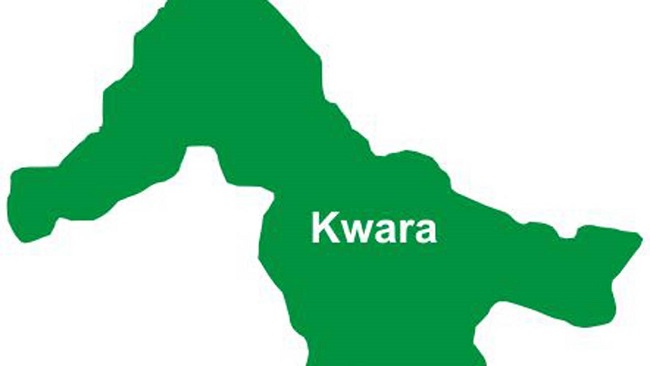Lower Niger River Basin Development Authority (LNRBDA), Kwara state has organized a three-day intensive training on provision of modern extension techniques for selected 20 water users and other stakeholders of the authority drawn from Kwara and Kogi states.
Speaking at the closing ceremony of the training programme conducted by Multipage Consult Services Limited in Ilorin on Thursday, the managing director of the authority, Engineer Dr. Adeniyi Saheed Aremu, said that the authority, “with its vast network of rivers, streams, and agricultural lands”, is tasked with ensuring sustainable water use and enhancing agricultural productivity for the benefit of local communities and the region as a whole.
Aremu said that the participants are field officers and water user association drawn from authority’s area and project offices, schemes; one female and 19 males, selected from Shonga, Omu Aran, Erin Ile in Kwara state and Girinya, Lokoja in Kogi state, among others, adding that the workshop aimed to equip water users, farmers, community leaders, and other relevant stakeholders with the knowledge and skills needed to enhance their agricultural practices, water management strategies, and community development efforts towards attaining food sufficiency.
He also said that the objectives of the workshop include providing participants with updated knowledge and tools for effective water management practices as well as introducing modern agricultural techniques to improve crop yields and resilience to climate change.
“Facilitating collaboration and knowledge sharing among stakeholders for integrated water resource management.
“Empowering participants to become agents of change in their communities by disseminating acquired skills and knowledge.
“Promoting the adoption of environmental-friendly and sustainable practices in water use and agriculture within the basin”.
The managing director, who said that traditional extension methods have proven insufficient in meeting the complex needs of water users and stakeholders within the basin, added that, over the years, the LNRBDA has recognized the need to modernize its approach to extension services in order to address emerging challenges such as climate change, population growth, and evolving agricultural practices.
“By empowering stakeholders with modern extension techniques, the LNRBDA aims to foster a culture of innovation, collaboration, and sustainability within the basin. This, in turn, will contribute to the resilience of local communities, the protection of natural resources, and the overall socio-economic development of the region”.
Speaking on the outcome of the workshop, the managing director said that the participants are now equipped with the tools needed to address challenges such as climate change, water scarcity, and soil degradation.
ALSO READ: FG vows thorough investigation into Benue illegal mining allegations
“The adoption of modern extension techniques would lead to improved agricultural productivity within the basin. Farmers are implementing innovative practices such as precision agriculture, crop diversification, and sustainable irrigation methods, resulting in higher crop yields and increased resilience to environmental stressors.
“Water users and stakeholders are now better equipped to manage water resources effectively, thanks to the introduction of modern water management techniques and technologies. This would lead to more efficient water use, reduced wastage, and improved water quality within the basin.
“The training workshop would have fostered greater collaboration and knowledge sharing among stakeholders within the basin.
Participants have been empowered to take on leadership roles within their communities and advocate for positive change. They are serving as agents of change, disseminating knowledge and skills acquired during the workshop to others stakeholders, thereby multiplying the workshop’s impact”.
Some of the participants, who spoke with journalists after the training programme, said that they were taken through arresting post harvest losses, value addition in agricultural practices, irrigation and water management, herbicides application, among others.
They also appreciated the authority, and pledged to scale down the training to other stakeholders in their different communities.
. TheWitness







